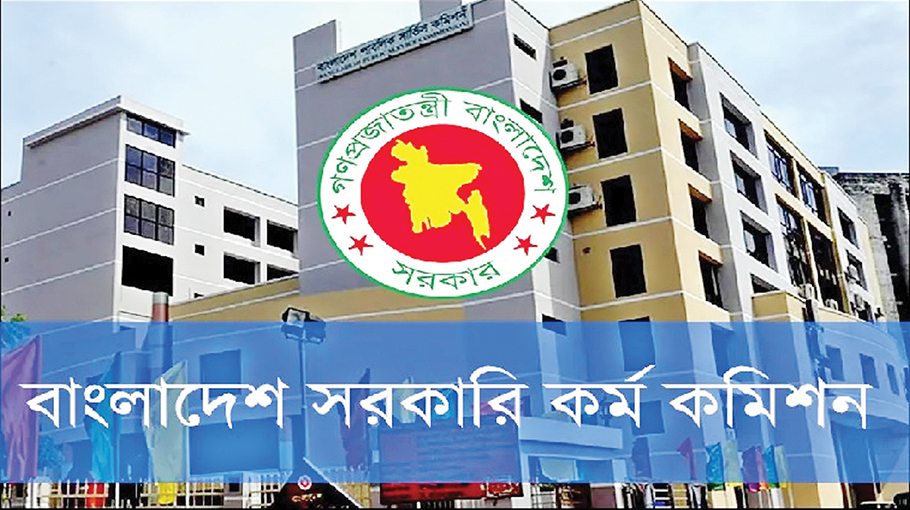Govt plans class-3, 4 recruitment under PSC

In a proposal to modernize the recruitment process and address concerns of fairness and efficiency, the government is gearing up to reintroduce the Public Service Commission (PSC) for hiring class three and four employees (grades 13-20). The move comes as a response to the longstanding issues troubling the recruitment process, including allegations of corruption and nepotism.
A high-level committee within the public administration ministry has put out five recommendations aimed at smoothening the recruitment process for these classes, which have often been delayed due to various reasons. Currently, class three and four employees are hired through respective ministries and departments, while the PSC focuses solely on classes one and two.
With over 13.5 lakh vacant posts out of the total 19 lakh government employee positions, the urgency for reform is evident. The committee's recommendations include empowering the PSC to handle recruitment for these classes, providing necessary manpower, logistics, and infrastructure. To streamline the process further, the committee suggests conducting uniform tests for similar-grade positions across ministries and departments, eliminating the need for separate recruitment tests. Additionally, direct recruitment based on specific rules outlined in circulars for positions with different pay grades is proposed.
Verification of position availability in relevant departments and districts before appointments, aligning recruitment circulars with district quotas, and continuing existing practices of appointing employees directly through divisional selection boards or district heads are also recommended.
To ensure consistency and fairness, the committee advises establishing a research unit to assess district quotas, pay grades, recruitment rules, and qualifications. This unit will play a crucial role in identifying any discrepancies and streamlining the recruitment process.
The reintroduction of the PSC for class three and four recruitment aligns with constitutional mandates, as outlined in Articles 140(1)(a) and 137. Once finalized, the proposal will be forwarded to the prime minister for approval, marking a significant step towards reforming the government's recruitment practices.




